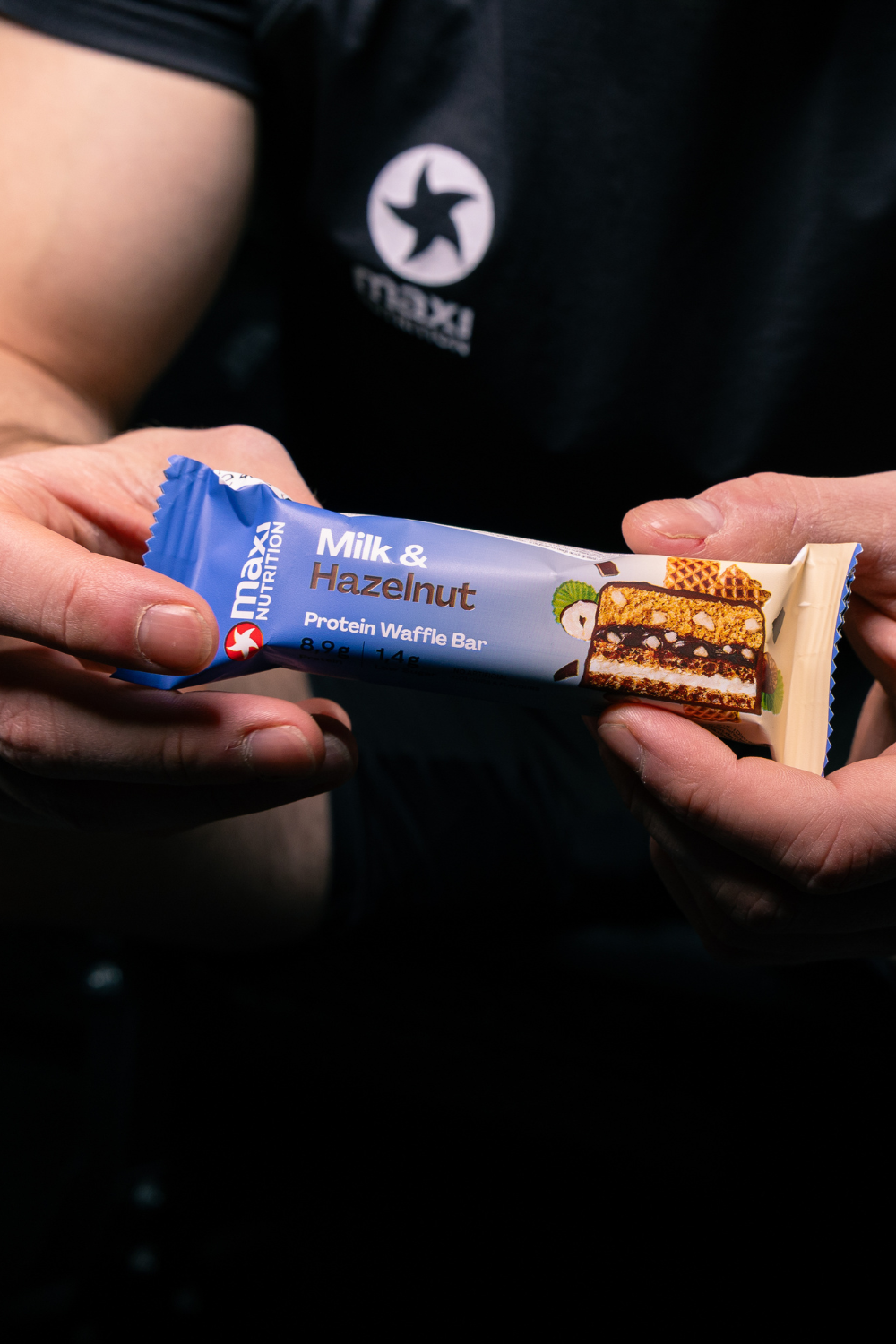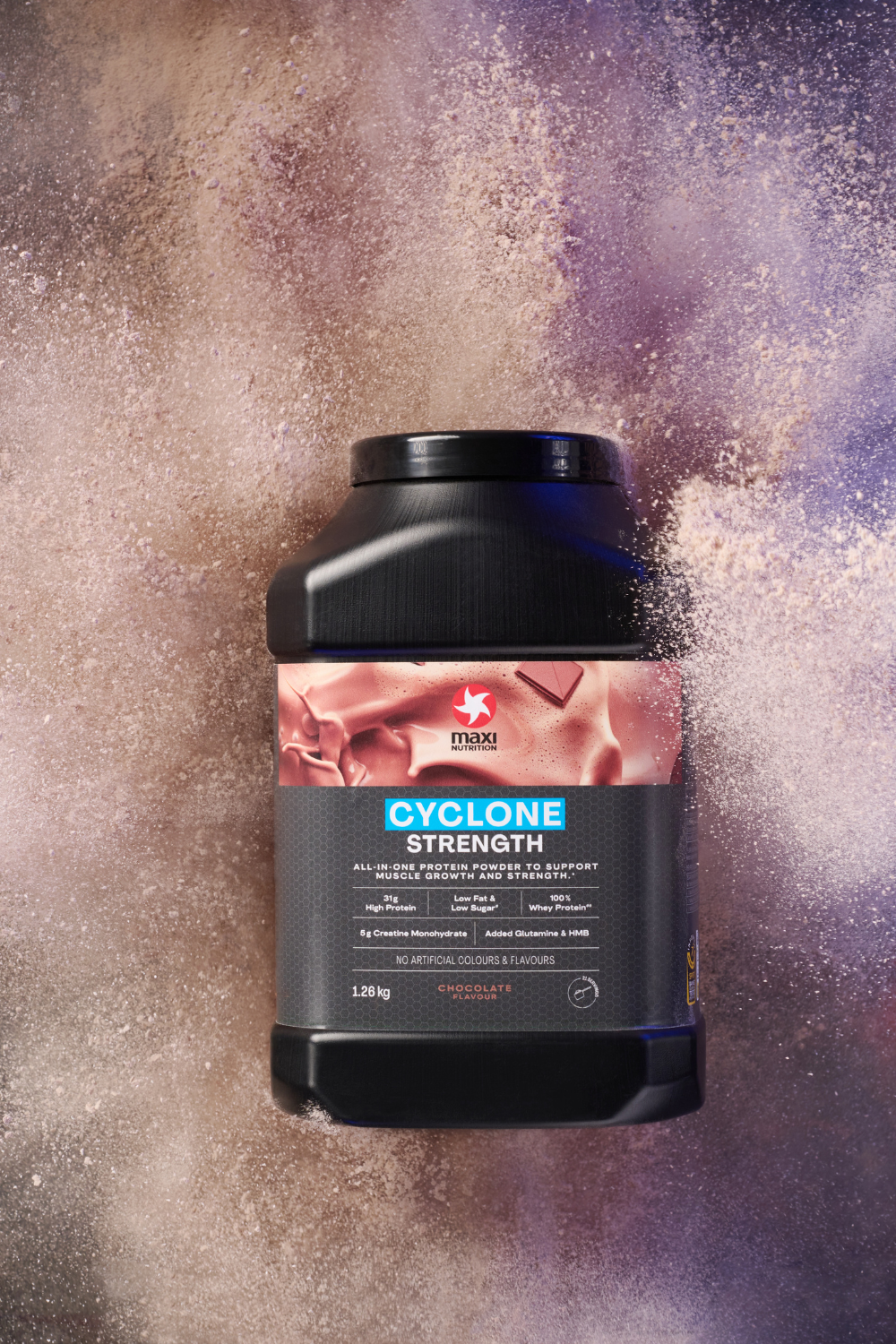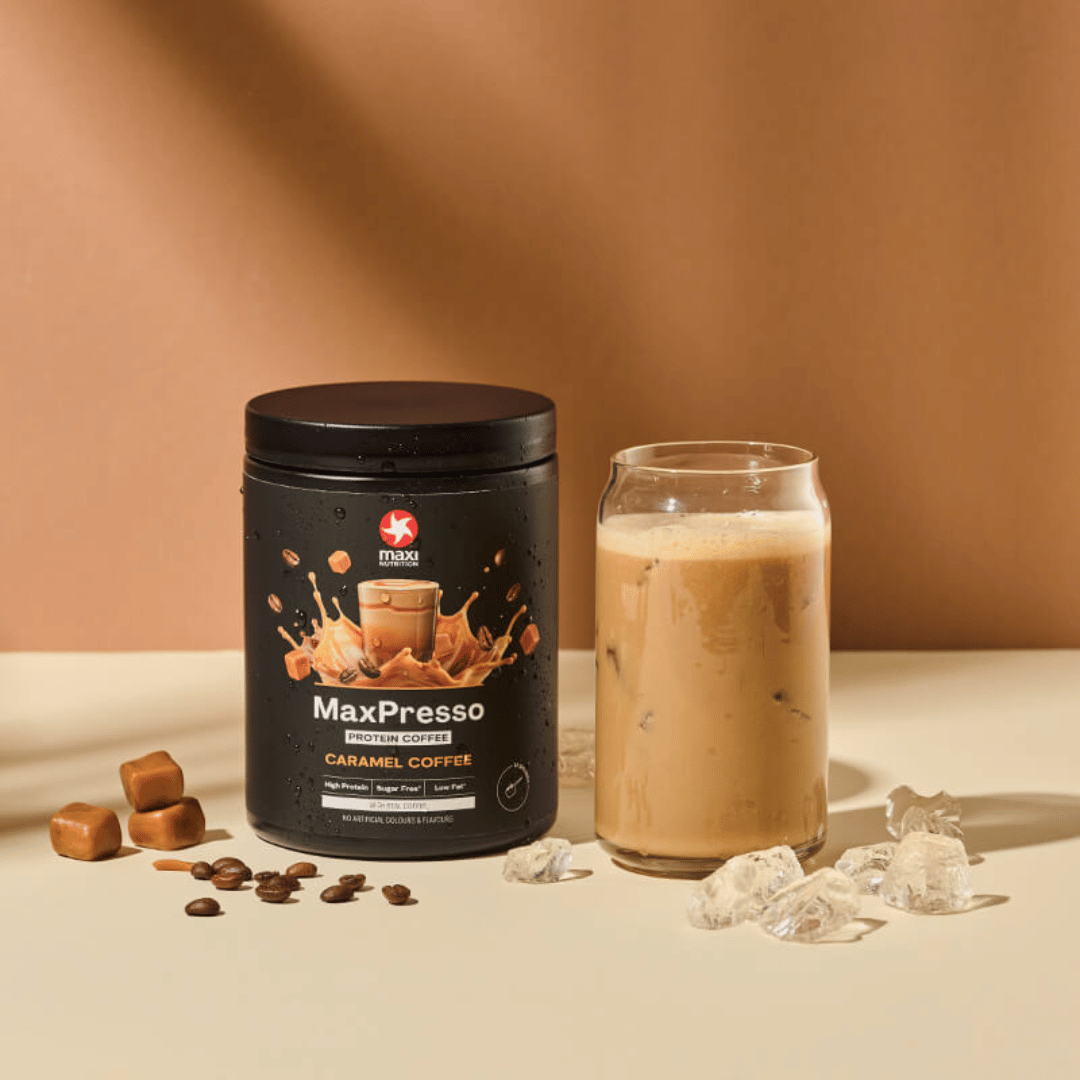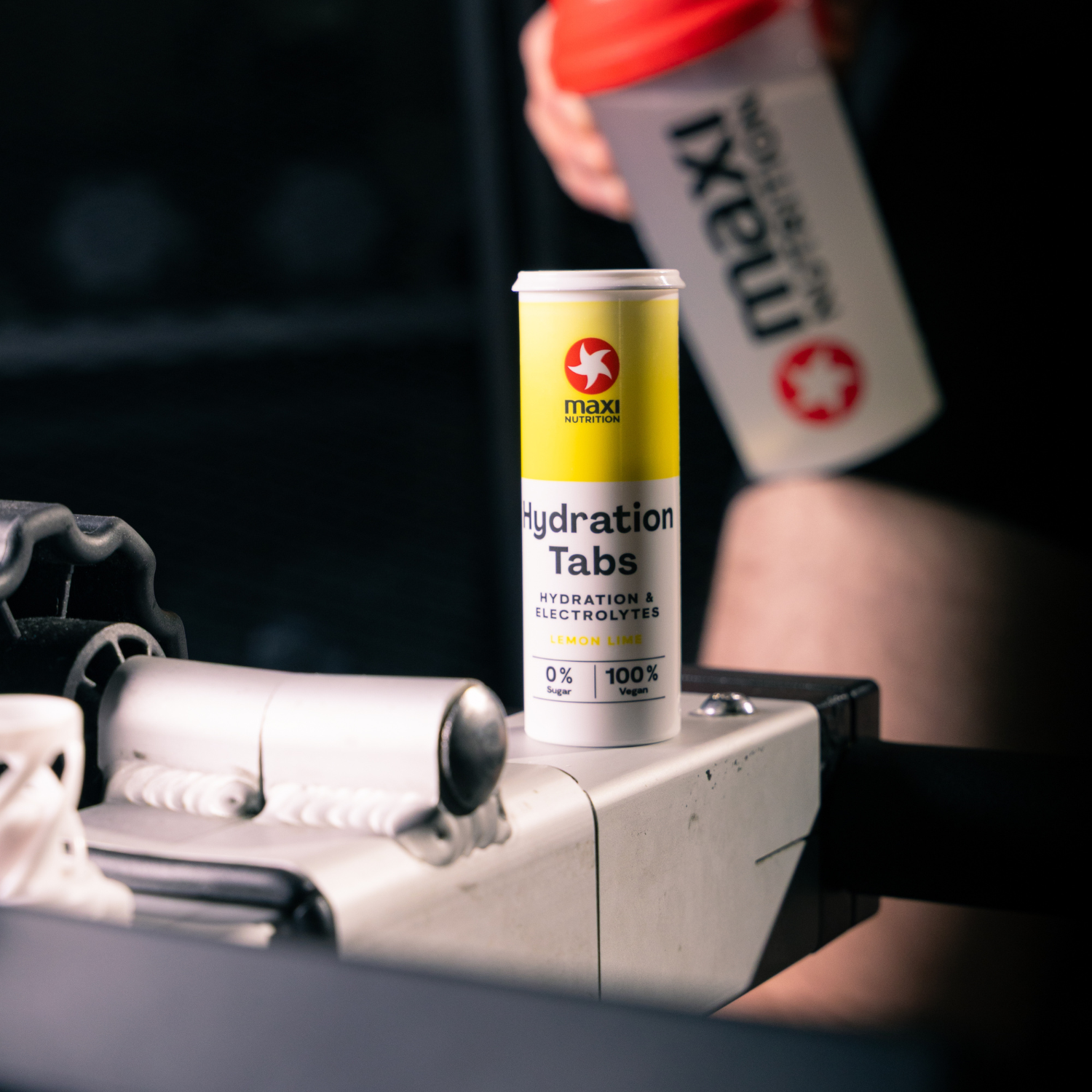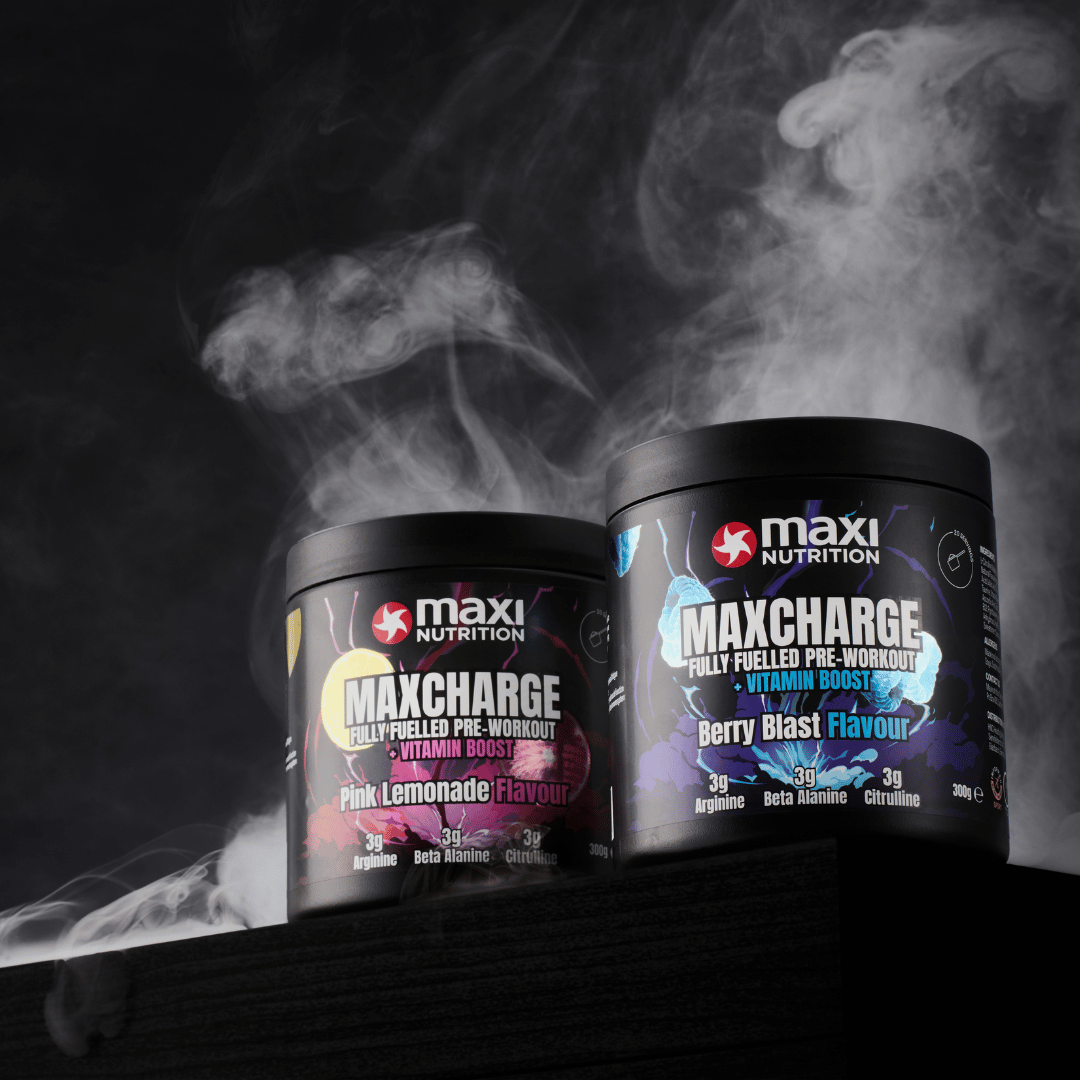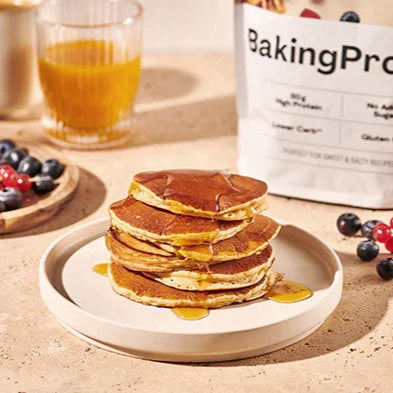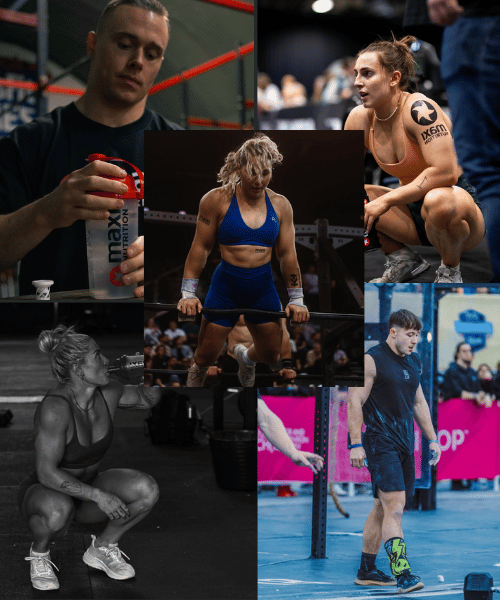Top tips for Rugby Nutrition
Chris Curtis, the Performance Nutritionist for the Rugby Football Union’s under 20’s England Women’s squad, explains what the pro’s do when it comes to tailoring nutrition to optimise physical performance on the pitch.
DOES PERFORMANCE NUTRITION DIFFER BETWEEN FEMALE AND MALE RUGBY PLAYERS?
I don’t think the overall objective is different between female and male rugby players as both groups are looking to improve physical performance. However the pathway to achieving this performance enhancement can be different.
For female athletes it is important to make sure they take on board enough calories to meet their training/competition requirements, and not to disturb their menstrual cycle, this is taken into consideration when developing nutrition strategies for the players. In addition, working with the women’s under 20’s squad means I also have to take into account that the athletes are still maturing, which again, requires a greater energy demand.
WHAT TYPE OF FOODS DO THE PLAYERS HAVE FOR BREAKFAST ON A TYPICAL TRAINING DAY?
With the women’s under 20s squad a large number of the athletes represent both their club and college/university, and therefore have a high training volume. The breakfasts we suggest therefore reflect these high energy demands. Some favourable and common choices amongst the squad are eggs (either poached/scrambled/boiled) on wholemeal toast, or porridge topped with seeds and/or mixed nuts, with additional pieces of fruit alongside. These breakfasts are a good source of low glycaemic index carbohydrates, to release energy slowly throughout the day, protein to aid muscle rebuilding and adaptation, and fruit to deliver vital vitamins and minerals necessary for maintaining health.
WHAT DO PLAYERS EAT & DRINK AFTER A MATCH?
Immediately after a match the athletes are provided with easily digestible carbohydrate sources such as a cereal bar or bananas, and a small bottle of milk. Milk has been shown to be an effective recovery drink due to the carbohydrate and protein content, essential for refuelling and recovery for subsequent matches/training sessions. Within 60 – 90 minutes post-match, the athletes are provided with a meal that will usually consist of a lean protein source, a carbohydrate source such as pasta/rice and a mix of vegetables.
WHAT DO THE ATHLETES DRINK DURING TRAINING?
During a typical training session the athletes have a number of different drinks available to them such as water, electrolyte and sports drinks. It is down to personal preference as to which drink they choose. At times where a session is of longer duration (over 60 minutes) we encourage the athletes to opt for a carbohydrate containing sports drink that is to be consumed periodically throughout the session to deliver fuel to their muscles. On a day-to-day basis, we encourage the squad to carry a water bottle around with them to maintain daily hydration requirements.
WHAT ARE THE PROTEIN SOURCES YOU SUGGEST TO YOUR PLAYERS?
We encourage the athletes to eat a variety of protein sources as our philosophy across the squad is to promote a ‘food first’ approach and experiencing a variety of foods is certainly a part of this. The challenge comes for me in that the majority of the squad are at college/university and often shop on a student budget, and as such the education around purchasing suitable and affordable protein choices is of key importance. Core purchases will often include – milk, eggs and financially cheaper cuts of meat. For example, turkey mince is an excellent protein source, is lean and cheaper to buy than some cuts of chicken.
Eat like the pros to support your rugby training by paying special attention to eating adequate calories throughout the day, and start the day right by consuming a high carbohydrate and protein breakfast.


